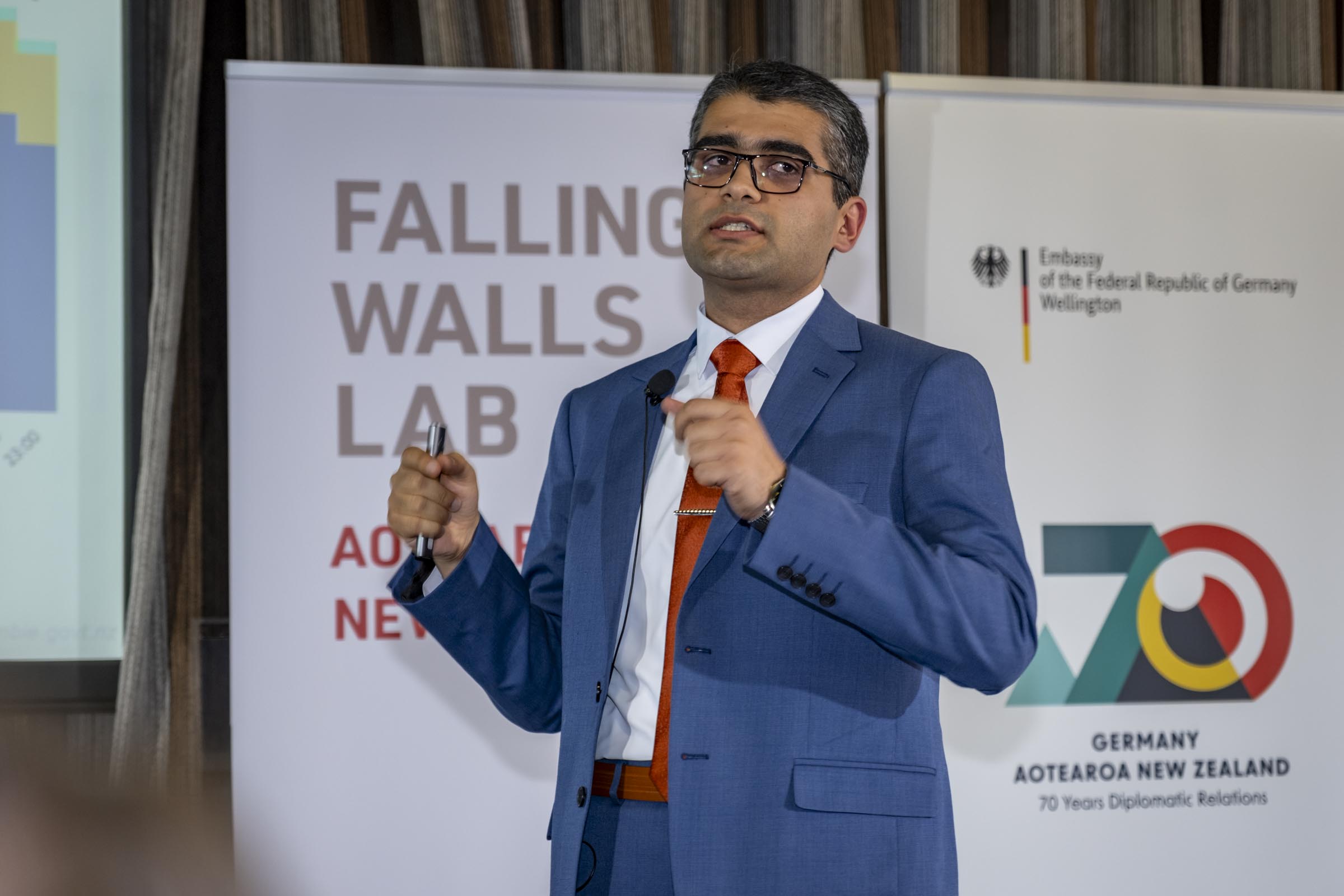As parents of boys ranging from 7 to 19 years old, we often discuss and share the strains that technology places on us. Our work as researchers in digital technologies and education means we are often confronted with both the negatives and positives of technology.
Research has emphasised the negatives of excessive screen time and has led to issues with eyesight, general wellbeing and often means the absence of more positive activities - like play. However research has also shown there are many positives.
So this year as we approach the school holidays and the encroaching battleground around screen time, it is important that we take a step back and consider that screen time isn't all bad, it's about that old adage “moderation”. It is also about emphasising the benefits that technology has, which often are wider than just the time spent on the device.
Kathryn’s sons aged 7 and 9 are currently in a Minecraft craze. While this obsession is centred around an online game, Kathryn has seen the obsession trigger a wider set of interests and skills, many spilling into the real world. Her boys are now avid readers of the many books written about the fantasy world of Minecraft, and have a renewed interest in their blocks and Lego.
These toys have been hauled out to recreate and create Minecraft worlds offline. This offline/online play has also led to new discussions and new vocabulary. She has had some interesting conversations with her youngest about what exactly is a biome and the components of glass, concrete and fire fuses, as well as how to create an automatic drawbridge and crop irrigators.
Since accepting the significant role this game now plays in her children's lives, Kathryn has noticed other subtle positive influences. Her oldest, typically shy about engaging with others in a playground, now, with the simple mention of Minecraft, will spark great friendships with his peers and lead to new games around the swings and slides as they have their shared secret language and common interest.
Wider gameplay has also taught her children wider social skills, like collaboration, problem-solving and creative play, but also how to handle losing and build resilience.
Cheryl’s kids are a bit older and her 13-year-old is currently immersed in Roblox. This involves a myriad of games she can’t keep up with, but she was pleasantly surprised when she discovered he decided to learn Japanese at school and was inspired to play volleyball as a result of playing his anime games.
Clearly games connect to passions and can extend beyond the screen. Her oldest (like many teenagers) has friends distributed across the country and world so gaming and devices keep them connected - something that’s been especially valuable in 2020.
When Cheryl asked her 13-year-old son what he thought about the value of games for learning he immediately sent a link to a TikTok video on 7 reasons gaming is good. “But how do you achieve balance?” she asked. “That's what parents are for,” was his response.
Turns out he values the boundaries his parents set and even remembered when he had stricter time limits and how it taught him how to manage his time and maximise his gaming enjoyment.
So while devices can draw on many positives, it is important we set boundaries and don’t let it run the household.
Some advice to consider:
- The boundaries you set will depend on your family values and contexts.
- Transparency is important so being purposeful about screen time and setting limits that everyone agrees and adopts (including we parents) is an important first step.
- Create routine screen-free family time, for example: making family dinners a tech-free zone.
- Consider not taking tech to bed - research has shown that screens can impair sleep (some families have a tech basket in the hallway which everyone puts devices into before bed).
This year as school holidays begin, Kathryn plans to set aside time to talk to her children about exactly what these tech limits will be. While she is optimistic that these rules will last the holidays she is also realistic that not all days will be equal.
However, the opportunity to discuss and set expectations mean her children will know what to expect and hopefully minimise the meltdowns but also be purposeful around planning for non-screen time.
So while having daily timed limits is one way, it is also important to consider screen-free days - that doesn't mean you need to go away to some remote location with no wifi or electricity.
Rather, have a day (or even part of a day) when devices are discouraged. Dig out those old family board games, find an old pule or play some frisbee. Be aware of what your children are watching or playing. Ask them about their games and get them to show you and talk about it. Encourage play which is less passive or has an element of creativity, collaboration or physical activity (you’d be amazed at how hard it is to play car racing while sitting still).
The year has been especially fraught for everyone and so a little off-time is required and this might just mean not worrying so much about a little bit of screen time.










